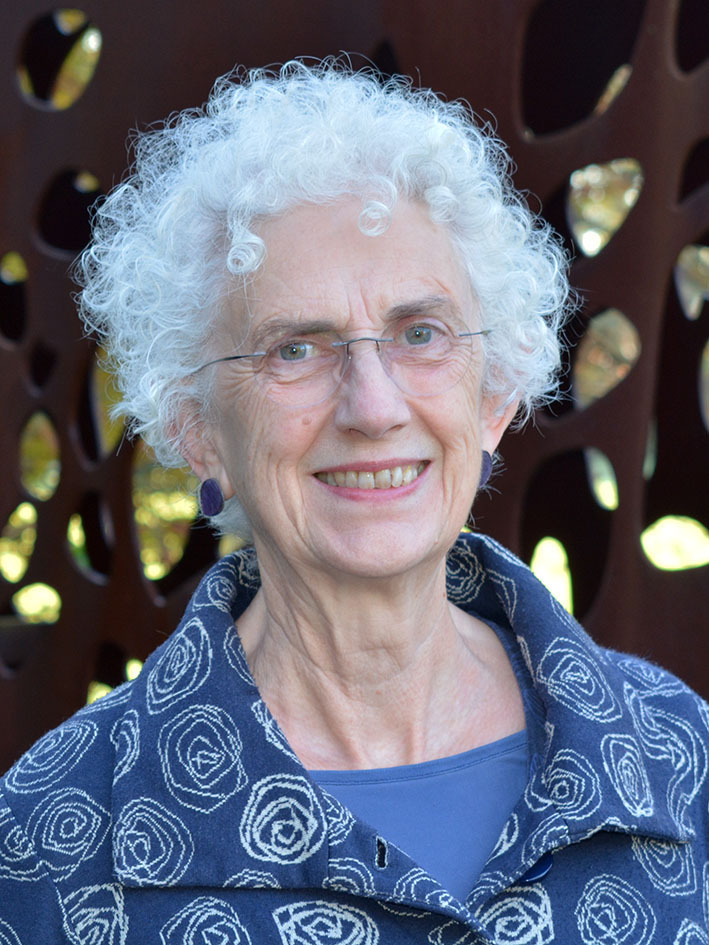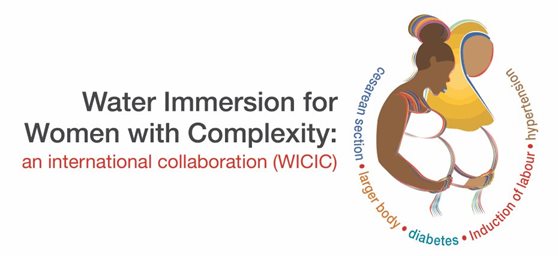Dr Ethel Burns
PhD, MSc, PGCAE, RM
Senior Lecturer in Midwifery, Research Group Lead Maternity Care (OxMater)
Oxford School of Nursing and Midwifery

Role
Researcher
As lead for the Midwifery Care (OxMater) research group I seek to optimise research and professional opportunities to develop and consolidate national and international collaborations and affiliations with other researchers, educators and multiprofessional maternity clinicians. Research and educational collaborations include the National Perinatal Epidemiology Unit, Oxford, King’s College, London, and the University of Nevada, Las Vegas. I am also affiliated to Georgetown University, Washington DC.
Sharing thoughts and ideas, engaging in research and learning alongside a diverse range of people who are interested in and motivated to promote, advocate for and provide high quality care pre, during and beyond pregnancy for women and parents is a cornerstone for me personally, professionally and as a research lead.
Educator
As the adage goes, midwifery is both a science and art and there is much still to be discovered, learnt and appreciated about our work. Nurturing and supporting curiosity about what we do and do not do, how and why with a critical eye is key. I see developing students’ confidence, capacity and knowledge to be effective advocates for those in their care as a quintessential part of my lecturer role. Shared midwifery, medical and paramedic student learning is also an important, experiential component.
Teaching and supervision
Courses
- Midwifery - Pre-registration (MSc, PGDip, PGCert)
- Midwifery (BSc (Hons))
- Midwifery (Post Experience/ 2nd Registration) (BSc (Hons))
Modules taught
I teach on a range of modules that stretch across the Midwifery programmes from first to third year, have an allocated number of first year students for whom I am academic assessor and am academic advisor for a mix of BSc and MSc students.
I run the MSc Dissertation module with our programme lead and another senior lecturer, also a third-year module that incorporates multiprofessional learning and advocacy preparation that is partly placement assessed with a Viva on a topic of student choice as academic assessment.
I participate in MSc and BSc midwifery applicant interviews.
Supervision
Supervision includes BSc and MSc dissertations, some of which are primary research and others involve secondary analysis of a prior study or a research proposal. I am also co Director of Studies (DoS) for a PhD student. Becky Parker is a consultant midwife at Hampshire NHS Hospitals Foundation trust, and her research topic is centred on community midwives’ experiences of and confidence in managing childbirth emergencies.
Research Students
| Name | Thesis title | Completed |
|---|---|---|
| Ms Rebecca Parker | The experience of midwives during intrapartum emergencies in community settings | Active |
Research
My research has been stimulated by a drive to optimise maternal physiology, wellbeing and health, during labour and birth as an area of particular interest.
A maternity delivery suite can be a stressful environment for mothers, families and staff alike. In the late 1980’s the UK was experiencing a restlessness among some childbearing women and midwives in response to a prevailing mechanised product propelled approach to childbirth. I was learning about aromatherapy and thought that it might be worth exploring if introducing essential oils as a comfort option for women during labour might assist in relaxation and enable them to mobilise. An observational study was undertaken involving over 8,000 women (2000), and an aromatherapy service was introduced that became integrated into care provision informed by a clinical guideline. Now there is an extensive evidence base to support essential oil use during childbirth, and Oxford led the way for other places to adopt a similar option.
Water immersion during labour and waterbirth became a second area of interest arose at this time and led to the introduction of the first birth pool in an NHS delivery suite in 1990. Form day 1 of its use, data were collected and shared initially to evaluate what was then a new care option, and subsequently to my engagement as a Cochrane reviewer, an MSc and eventually a PhD on the topic. The PhD centred on a large prospective observational study comprising 8,924 mother baby dyads, 5,192 of which were waterbirths and remains the only publication (2012) that compared interventions and outcomes relating to birth pool usage across all birth settings stratified by maternal parity. The large ensuing database enabled a student to perform an important secondary analysis on waterbirth with respect to perineal trauma (2020), and a colleague to examine water immersion during labour as an intervention to facilitate physiological birth (2022).
I have established collaborative links with many HCPs which made it possible to assemble a team to carry out three key reviews on water immersion during labour and waterbirth on maternal views and experiences (2021), maternal and neonatal interventions and outcomes (2022), and organisational and care culture factors that influence birth pool access and usage (2023).
These reviews, particularly the 2022 publication illustrate clear benefits for healthy mothers and babies. However, the issue of inequity of access to a birth for some people, particularly in the obstetric unit setting and among women of mixed risk had led to a current feasibility study to examine anonymised routinely collected data for women who immerse in water during labour and are of mixed risk. This is an international collaboration.

Research impact
Over the course of two MSc student dissertation projects a resource was created, achieved proof of concept (2019) and was subsequently developed into an online module designed to improve visual blood loss estimations during waterbirth. Launched in 2024, estiMATE is an open access tool that is evaluating well, internationally, and exerting a positive impact on midwifery confidence and blood loss estimation skills in the birth pool environment.
Centres and institutes
Groups
Projects
- estiMATE
- Water immersion during labour and waterbirth: women with risk factors
